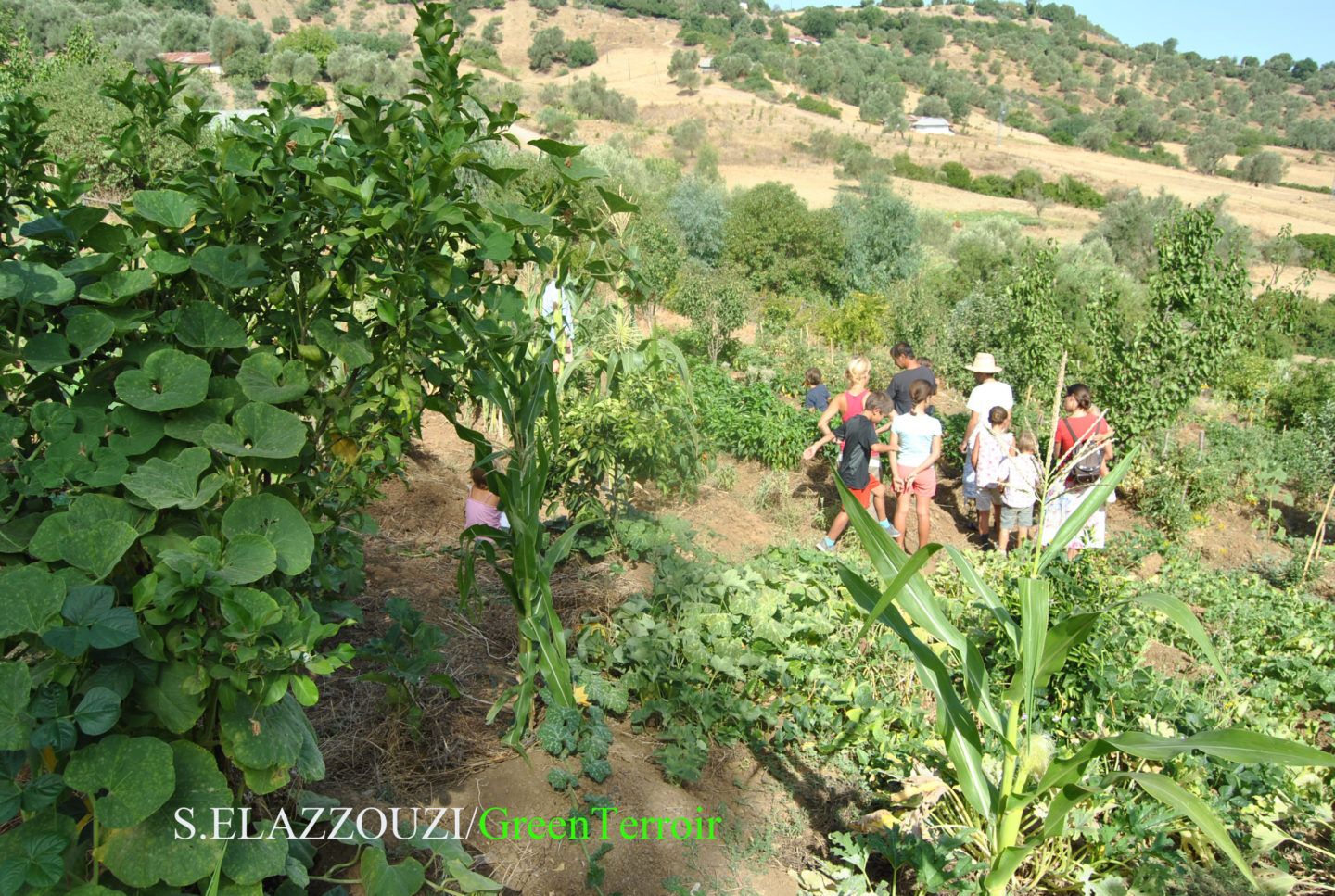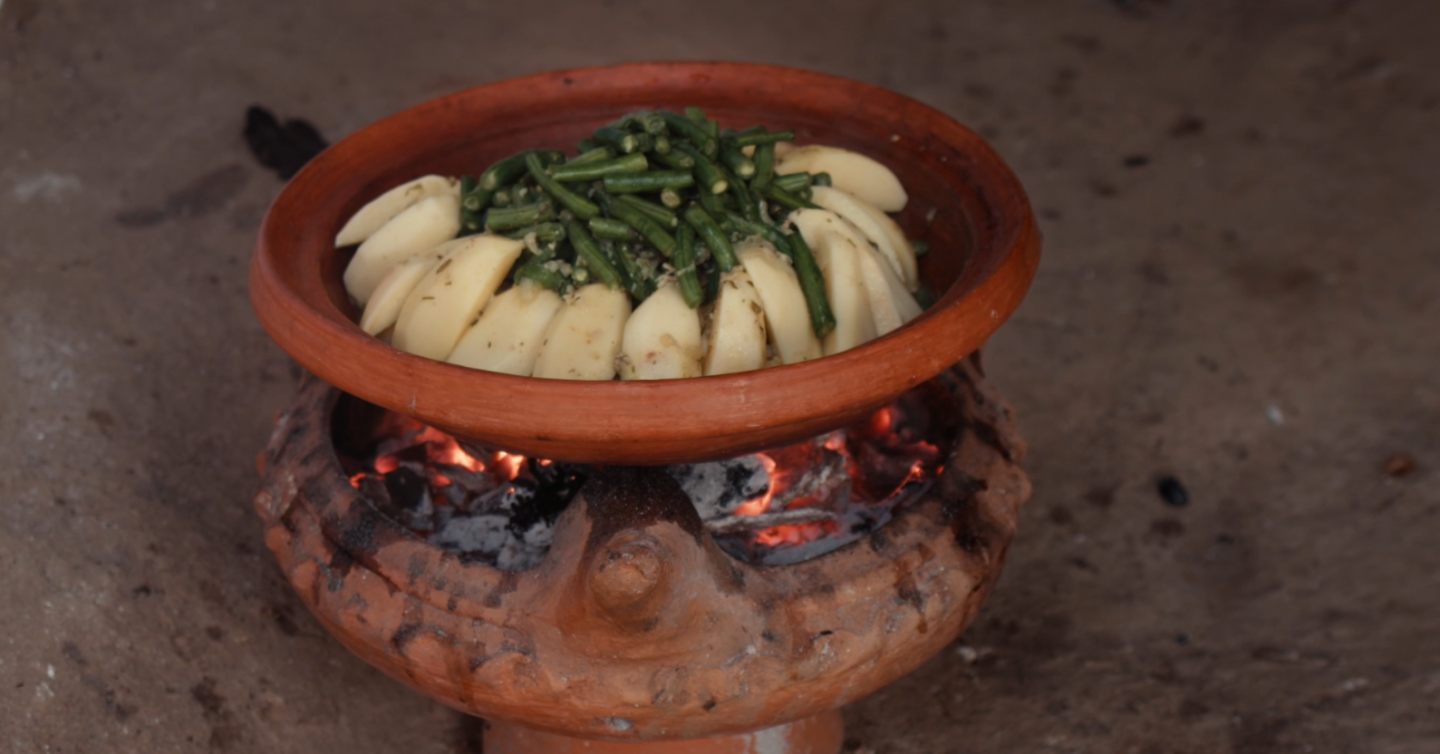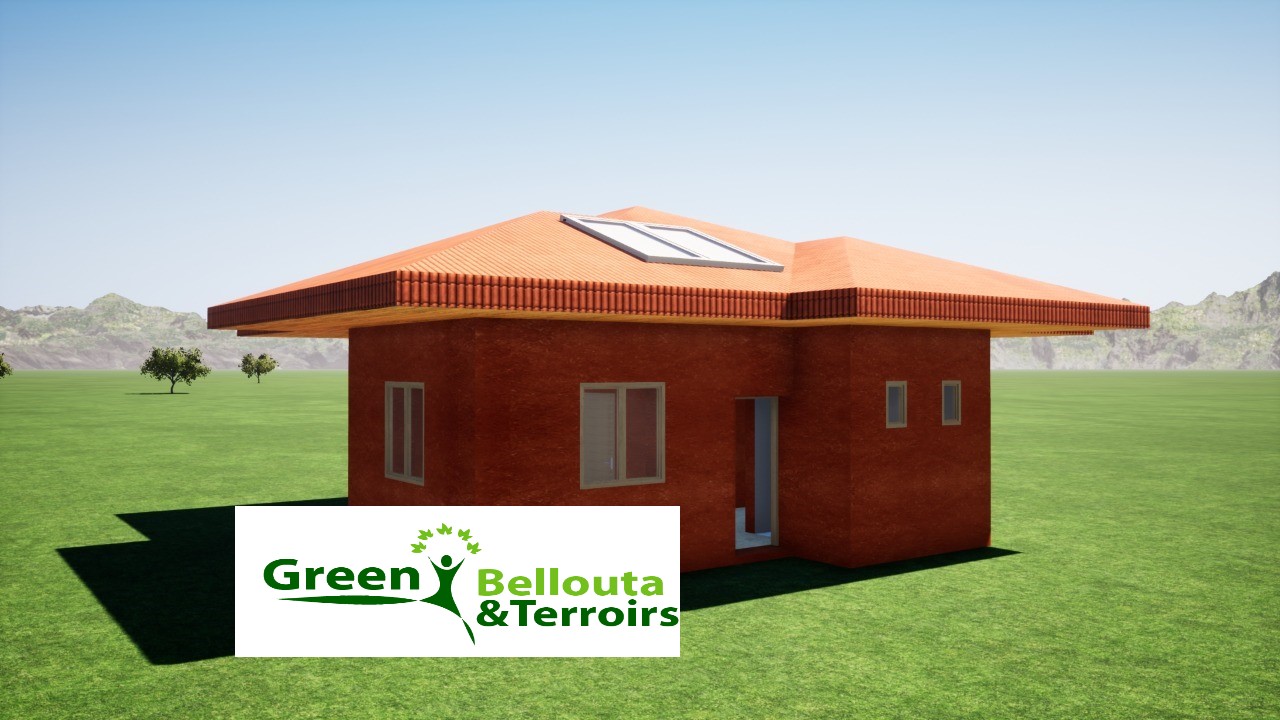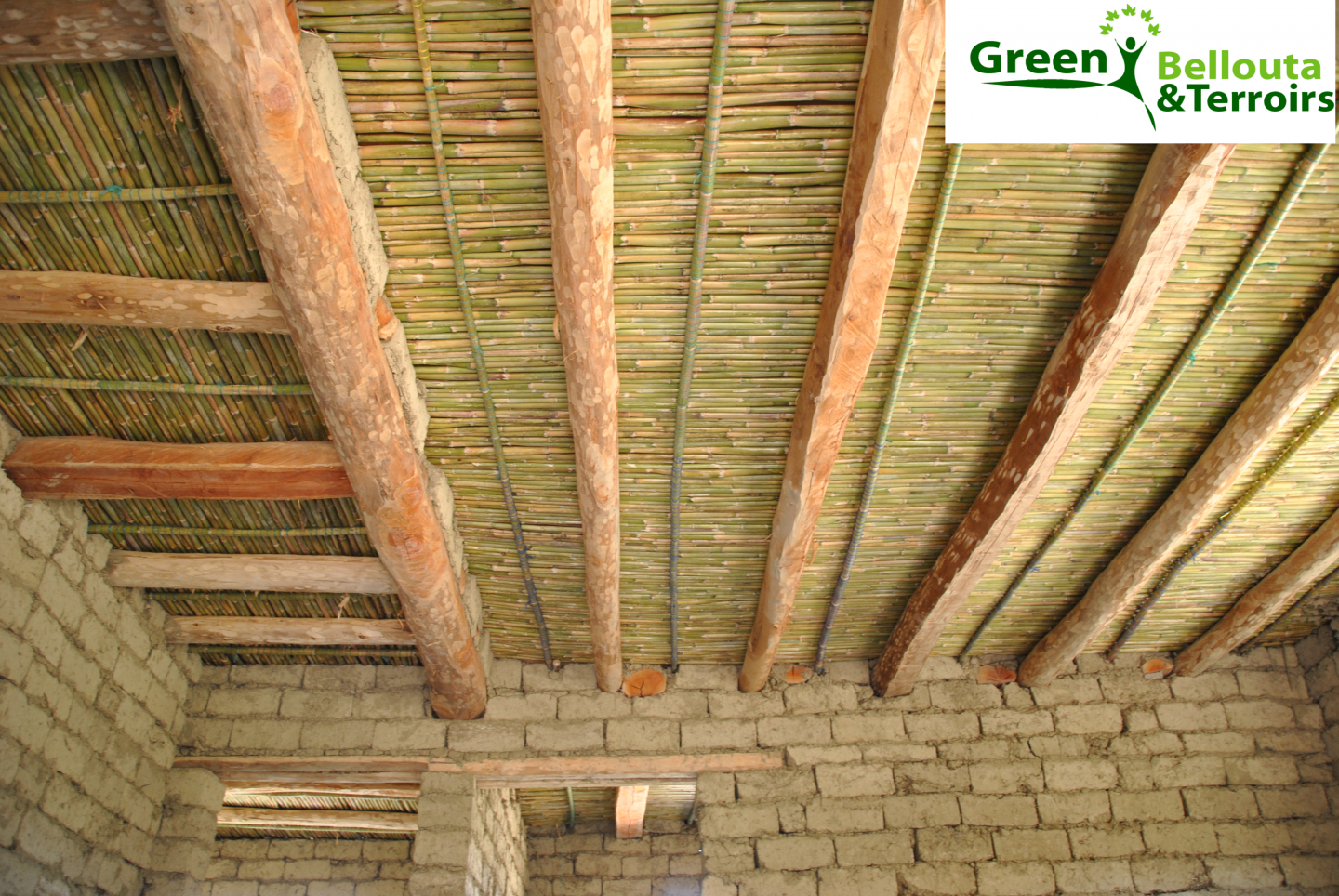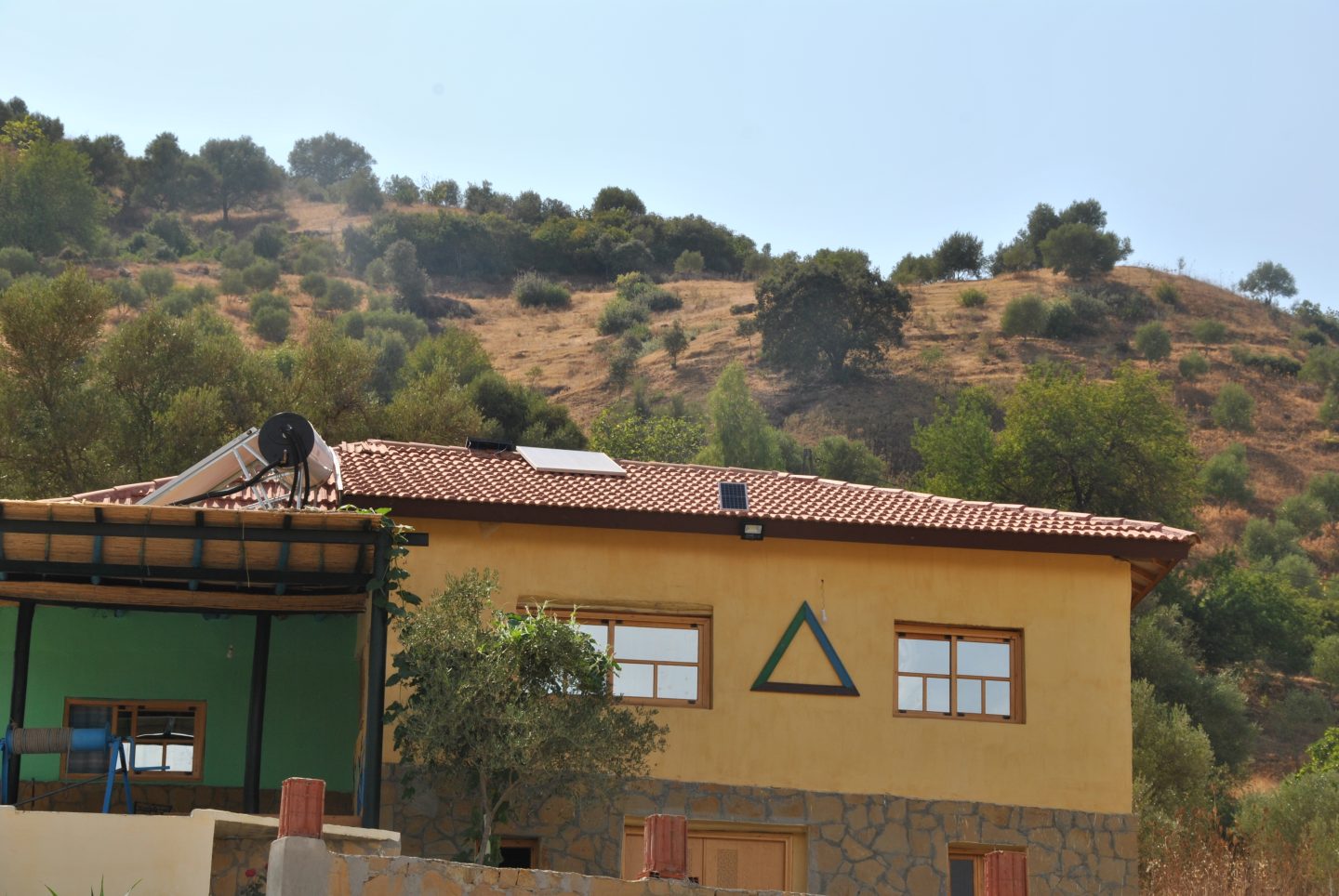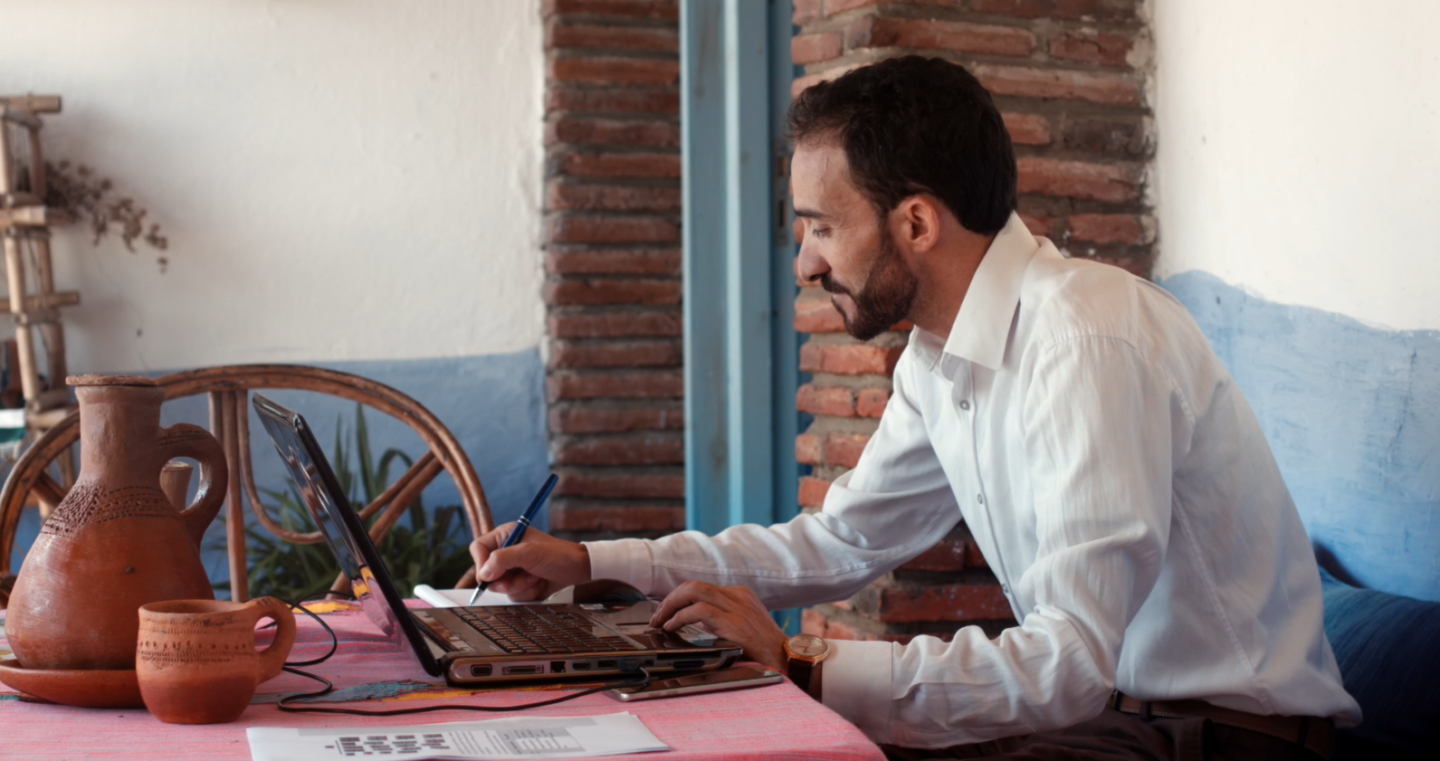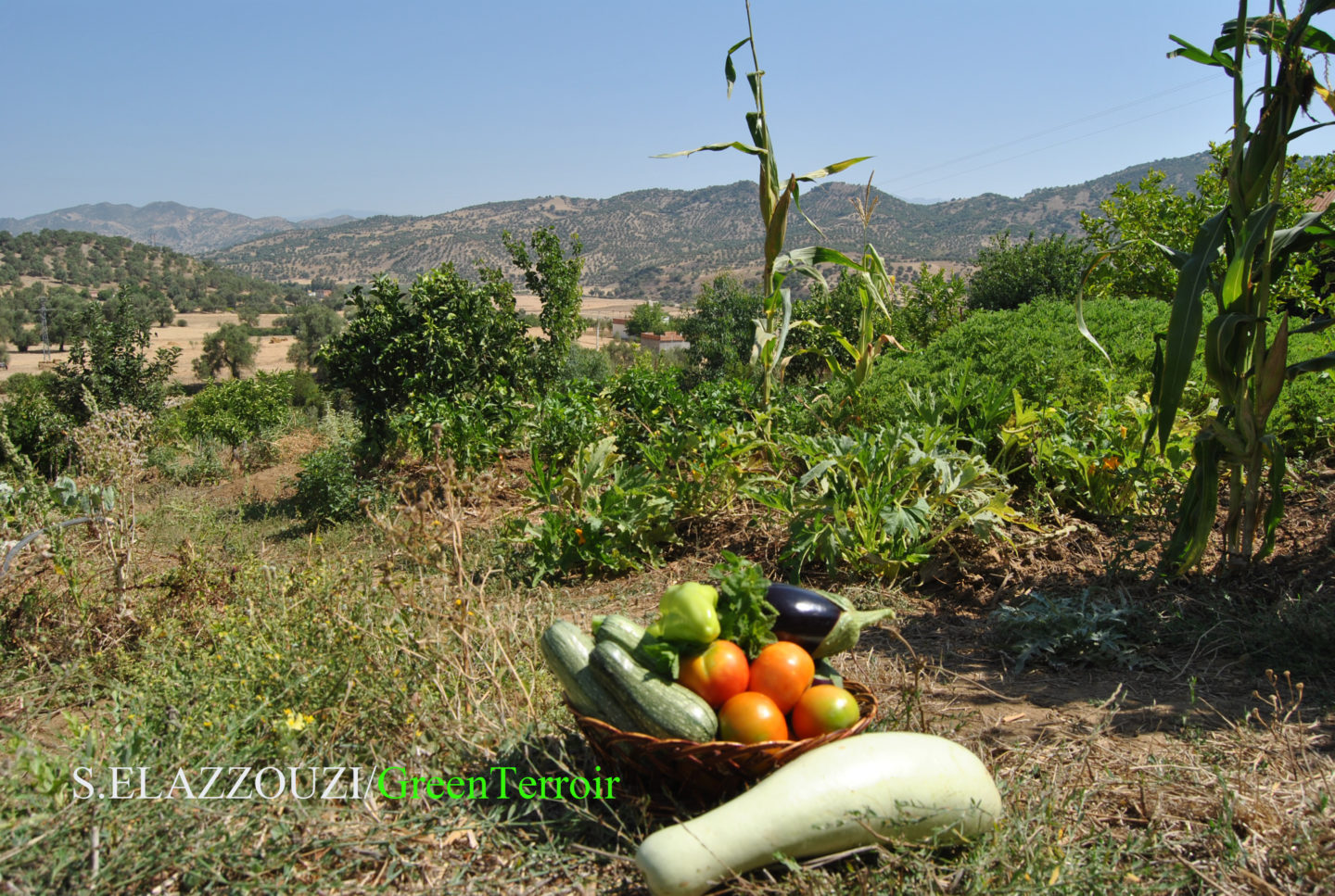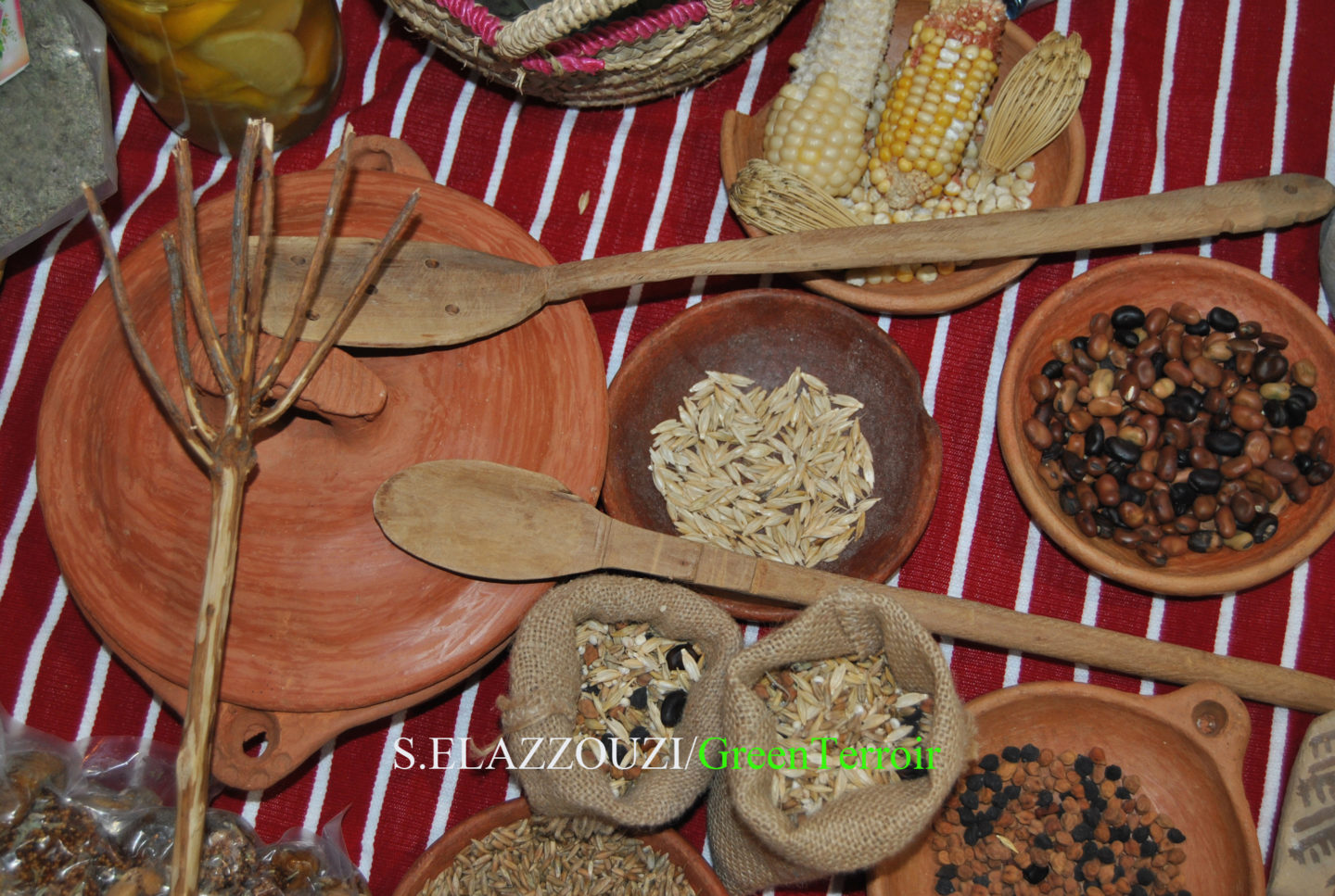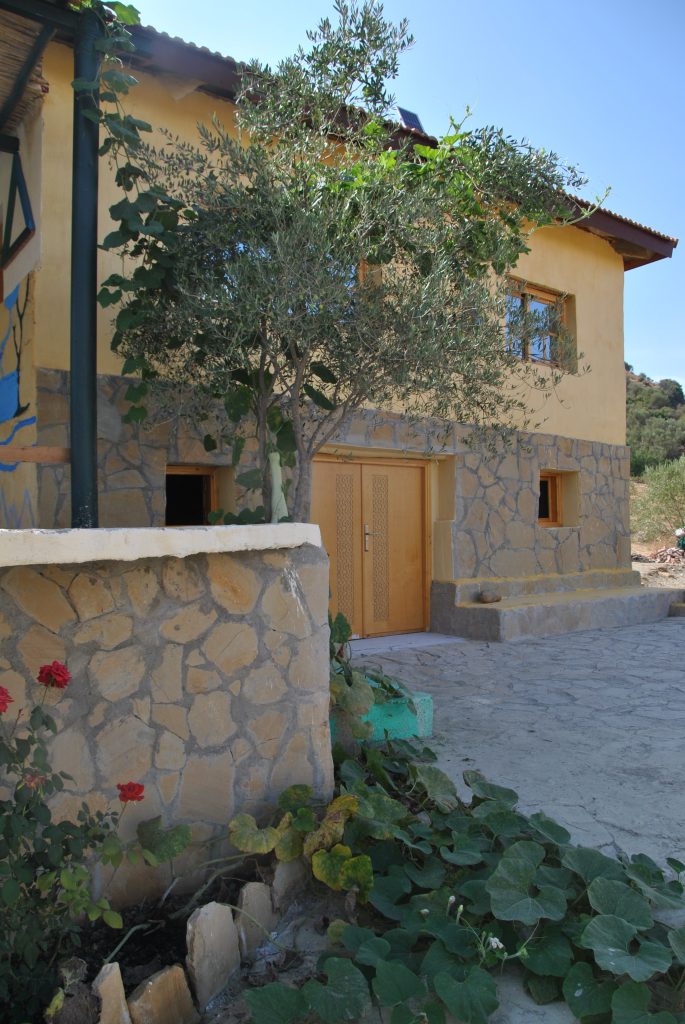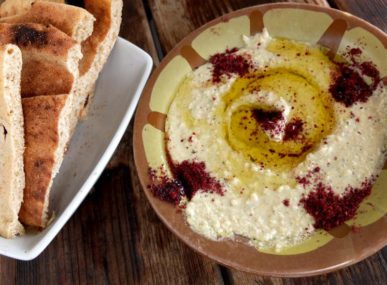To expand the limits of its innovation, the company is committed to working with individual producers, artisans and supporting cooperatives. It also tries to integrate women and young people as much as possible in their activities in forms of creating agricultural museums and displays, camping, birthday parties, and educational activities.
The company supports the creation of farmers’ markets as well as local family-run farms. In addition, the company presents a traditional mobile catering service, based on the use of agri-food products from local producers of the Rif (cooperatives and farmers). As such, the company facilitates the development of producers’ capacities, including their technical, managerial, organizational and marketing skills, besides their ability to integrate into value chains and networks and share knowledge in the form of publications, briefing notes, and eco-friendly practices.
The charm, hospitality, and warm spirit of the people who live this rural life across the northern mountainous coasts create an ambiance distinctly unique to the Rif region. The goal of Green Bellouta et Terroirs is less about providing a unique vacation and more about fostering a deeper understanding of the farming process through education and hands-on experience, along with becoming a popular destination across the farmlands and rural settings of North Africa.
In 2022, the agritourism company has built a new Ecosuite for those who need more private accomodation area with outstanding view on the mountain surrounding the property. They provide also excellent agro-ecology workshop along with their very famous local gastronomy workshop where guests experience their farm to table concept.
You can reach Green Bellouta et Terroirs through their website, or through their social media channels FB, and Instagram
Photos: Courtesy of Green Bellouta et Terroirs, SwitchMed (SCPRAC) and Bernat Mestres (White Horse)
